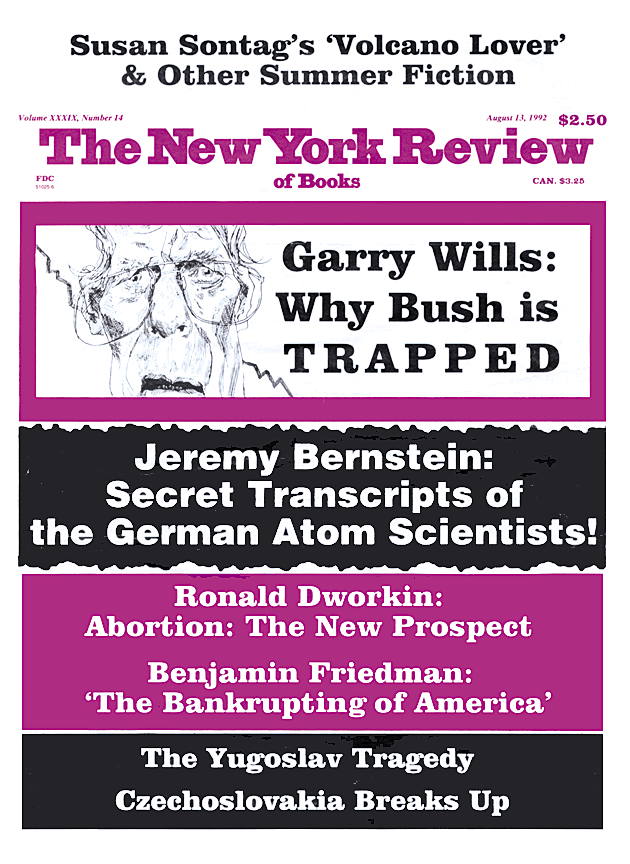FRUIT AND TEA
Let it come back to this: no child’s reason to intuit
anything but innocence can withstand same; conversely
the child is the irreducible lump all our most serious
fantasies become when we have moved on to become older:
no argument there. So it’s a matter of bopping
back and forth between two reflecting yet mutually
unrecognizable emitters, and of living the life
reserved for those who have never thought things out clearly.
Only do not be deceived yet: some spells are for the mild
wintry calm of the present, when shoppers mail letters
and buses slide peacefully from view. To be told that
there’s a sale of things for older people at so-and-so’s
department store “spoils” us as children are thought
or said to be spoiled, by rattling this cage of dice
so frantically our peace comes to be seen as grounded,
that constant vibration is the medium and condition
of life, even of our peace.
(More stones grow
at the edge of hope’s chasm than can ever be affixed
to the envelope of changing its subject to new and green
days-after-tomorrow, but we like the feeling of being
envied, anyway for a while.) If someone set out to tell you
this was all true you wouldn’t believe them, but you can buy
the option and not feel traduced by it, nay, play along
with it for as long as roads care for the raw magenta
of the sunset reflected in their ruts; too, the playful
amphibian forms of this reptile hope are sometimes remote
and sometimes overbearing, so that if one can negotiate
its crawl-space and come out on the other side of enforced
leisure in one piece there’s a good chance it will
all sidle down the train with the flung coffee-grounds, tea-leaves
and other assorted glop that makes of these same
moments a tent in which all
power is entertained; its consequences
carried to their logical extremes. To mope
is human; I mope, therefore I am. It requires
but a candle-flame to read it (the hour)
while with little expense and no fuss the darkness ends
then happily; the tossing, the turning, subside.
AS OFT IT CHANCETH
You had but to look at a mound or nut
after the invention of perspective for it to become a rut.
Everybody was seeing and doing it.
That is why some few choose disorder
as scenery befitting the positive melancholy of their stance,
which means to get things done in a climate of awkwardness.
The perfidious sky tore past them,
its ribbons streaming revolt, and soon,
not right away, it would be time to go down to the street
to inhabit that walking shell of you
that by this time is all either of us knows of the other,
but it is something.
Pick up your room.
Yon visitor is coming up the walk,
the door-chime sounds. Now if only in a second I could invent
the leagues of prosperous businessmen I mean to have commerce with;
but no,
it is allegory still. The house on the hill,
the bramble bush, the neighbor, disappearing
along that appropriate perspective.
You believed it if it was convenient; otherwise
you may have believed it anyway, and it was all
shaken out, like clothes.
But in the room the guardians of same will have it
their way. And though this will never cause the temperature to change,
there are still others filling up the anteroom
with the breath of fog, with wishes not voiced
for a while, until it becomes obnoxious and incinerating not to
have them, in their way, as they crest down
on us. Anybody could’ve thought it up, but, funny,
no one ever did until that elaborate hour
wherein we go on seeing, and our order is taken.
This Issue
August 13, 1992


